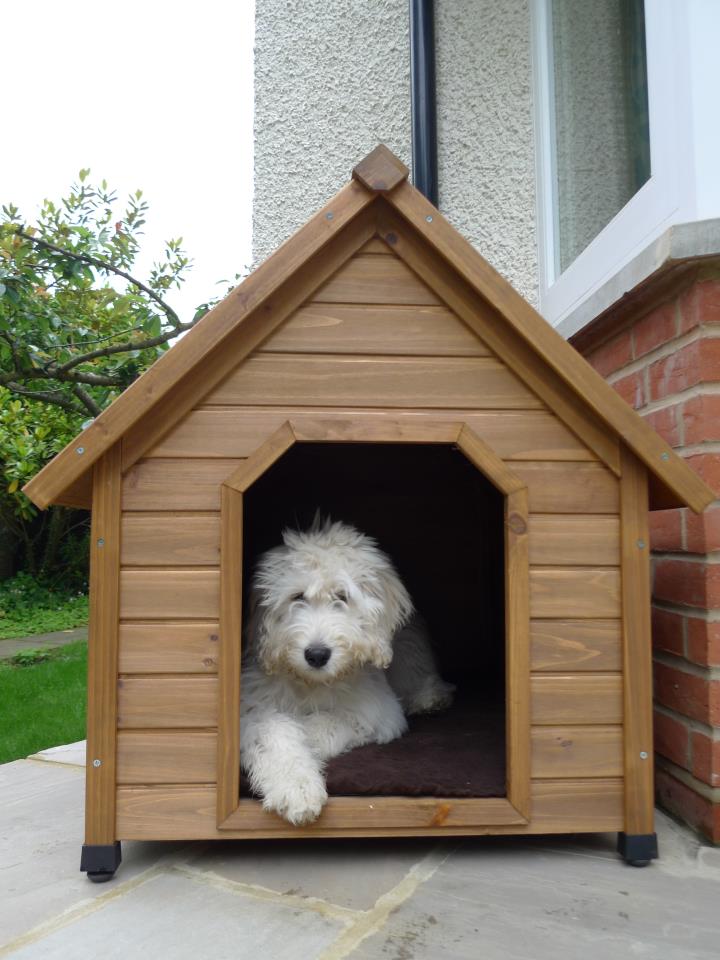My shaggy-dog story.In April we had a new addition to the family. Alfie the Labradoodle came into our lives, and for 98% of the time, we haven’t looked back.
You can put that 2% down to unscheduled early mornings, a chewed laptop power supply, a hole in the garden – and a very disturbing barefoot encounter on the lawn after dark. I’ll leave that to your imagination.
The thing I find most remarkable about being a dog owner is that it’s as though you suddenly become visible to people. I have had more conversations with complete strangers in the last three months than in all the 10 years we have lived here. For the first time in my life, random women approach me with a “hello gorgeous” (OK, not me exactly), parents stop me and ask if their toddlers can stroke him, car drivers stop and ask what breed he is and grown men share their innermost ideas about dog training tips and anti-pull harness choices.
It was a bit disconcerting at first, but it’s actually quite pleasant. Perhaps this new social norm is what it was like in the 60’s?
So why so people feel OK to engage in conversation, share their experience and impart wisdom in ways that they never would have done before?
We’ll, it’s obvious I guess – because the dog is obvious. Everyone can see that I’m a dog owner, so my membership of the dog-lovers’-club is visible to all, at the end of a lead. That gives permission for other club members to approach me and ask or share.
This reminds me of Etienne Wenger’s famous definition of Communities of Practice
A group of people who share a concern or passion for something they do, and they learn to do it better as they interact regularly.
You can see where this is going. How much more effective and productive would our organizations be if we made our expertise, our experience, our concerns and our passion more visible to our colleagues? Here are six to consider.
- I’ve written before about the poster culture in Syngenta and how they make their projects and programmes more visible.
- Expertise directories, personal profiles and smart social media which suggests connections generates a culture of greater disclosure are also helpful.
- Retreats where you have time, space and informality to get to know your colleagues better are a natural way to make new connections and deepen existing ones.
- Communities of practice can create a safe place for shrinking violets to flourish, and communities of interest (I’ve seen photography, cycling, food and wine societies, women’s networks etc. in organisations) can also generate the conditions to mix business with pleasure.
- Finally, Knowledge fairs and offers-and-requests marketplaces create a pause – a moment to browse and discover.
So much better than leaving your knowledge in its kennel...


